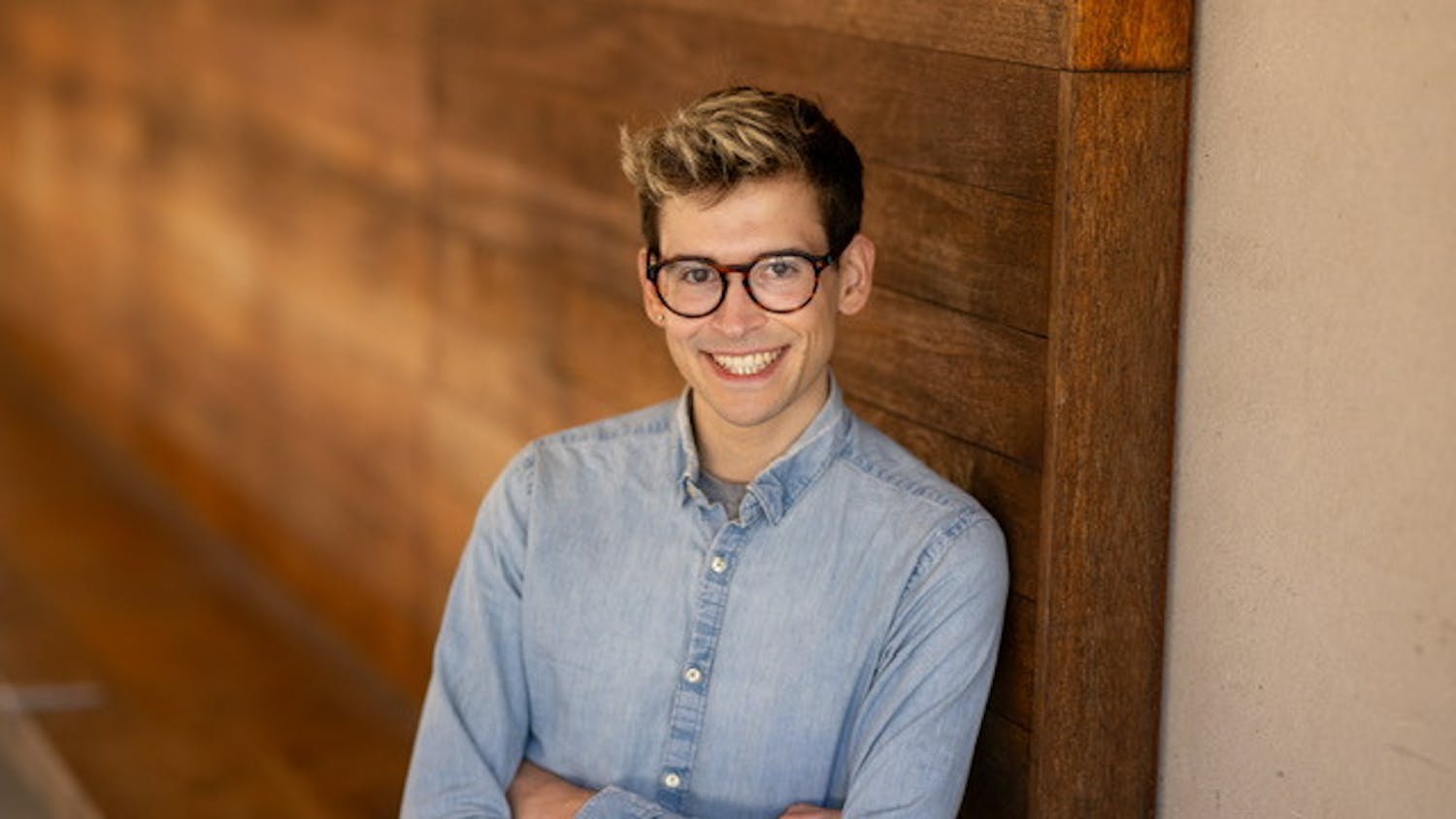Although the campus doesn’t usually see much activity on weekend afternoons, about 15 to 20 people filter into the warmly lit Leo R. Dowling International Center each Saturday for the center’s weekly Practical English Tutorial sessions. \nThe session, held from noon to 1 p.m. on Saturdays, welcomes undergraduates, graduate students, visiting scholars and community members. The weekly sessions are free and open to the public.\nInternational Center Director Sandy Britton said the sessions help students with basic language skills they need when they arrive in the U.S.\n“It gives them an opportunity to practice the language,” she said. “That’s the main struggle for (international) students when they come.” \nBefore each session, students and tutors gather in the common room on the first floor of the International Center. Some catch up with each other and their tutors, and some sit quietly, waiting to be assigned a tutor. \nAs the session begins, Britton has the tutors go to one side of the room and assigns three or four students to each, depending on the turnout. \nOne tutor, Barry Dean, has been participating with the eight-year-old program since the fall of 2001 when he was a graduate student. He said in the past students used to be able to choose their tutor each week. \nNow the program rotates the students with each tutor. While one may think that having the same tutor each week would provide comfort and good rapport with a student, Dean said rotation seems to have a better effect.\n“It presents the student with a realistic expectation with not knowing what they’ll be experiencing (in real life),” he said. “Variety helps expand their language.” \nAfter tutors are assigned their students, each group disperses to different rooms in the building. Each week, a topic is assigned to talk about. For example, the Saturday before Halloween, tutors and students discussed jack-o-lanterns and costumes. \nTutors’ teaching techniques range from having a simple conversation to providing structure to the dialogue with a topical vocabulary list to discuss.\nDean said that although the sessions are fairly casual and unstructured, there are a couple of guidelines the tutors usually follow. \n“We try to be careful about talking about religion and politics,” he said. \nBritton said the number of students and tutors that come out each week varies. Tutors volunteer their time, and on any given week, four to eight show up out of the about 20 the program has. \n“We advertise to international students, but we also need American tutors,” Britton said. “We’re trying to recruit volunteers.” \nSophomore Alex Luboff has been volunteering as a tutor since the second semester of his freshman year. Luboff, who recently switched majors from international studies to political science, said the tutoring goes beyond simple grammar help. \n“You don’t realize how difficult not only the language is, but also styles of speaking,” he said. \nWhile a range of countries are represented in the students who come for tutoring, such as Vietnam, Germany and Russia, Dean said most of the students come from Korea, Japan, China and Taiwan. He said he assumes that people coming from European countries may have more exposure to the English language because of the close proximity to English-speaking countries, compared to Asian countries.\nChina native Tao Ma said he appreciates being able to speak with different tutors each week. \n“This is a good opportunity for us to practice English,” he said. “We have different tutors and can listen to different accents.” \nThe students aren’t the only ones that benefit from the tutoring sessions. Luboff said the sessions often end 20 or 30 minutes after they’re officially supposed to.\n“We get some good conversations going,” he said. “Our job as tutors is to help the students open up and express themselves using English.”
International community gathers on Saturdays to practice English skills
Get stories like this in your inbox
Subscribe





